Loyalty

Loyalty
Bonds That Endure
In today’s intensely competitive business landscape, building loyal, lasting relationships isn’t just a competitive edge—it’s essential for survival. As markets evolve at an unprecedented pace, businesses need deep, resilient connections rooted in trust and understanding of human behavior. These relationships are more than supportive—they’re the foundation of strategic growth, setting successful organizations apart from those struggling to keep up. Cultivating these bonds is the key to navigating disruption and achieving sustainable success.
Nature’s First Strategy
There is a formula for loyalty—signals our brains instinctively seek when deciding who to build unbreakable bonds with, and who to keep at a distance. Understanding these signals unlocks the secret to creating connections that endure. By applying this formula, you can transform how connections are built, driving trust, advocacy, and long-term success in ways that will forever redefine your relationships.
Keynote Presentation
-
Safer. Easier. Better. takes audiences on a captivating journey into the human brain, revealing the hidden science behind building loyal and lasting relationships. Backed by decades of James’ groundbreaking research, this presentation uncovers the universal need for loyalty and the subtle, powerful signals people seek when deciding whom to trust and support. By learning to recognize and demonstrate these loyalty-building behaviors, organizations can create connections that endure, securing lifelong advocacy and commitment from employees, clients, and stakeholders.
Workshop
-
In a world where relationships are the foundation of every success, the Safer. Easier. Better. Skills Workshop gives organizations the tools they need to build connections that truly matter. This dynamic and interactive experience reveals the overlooked but essential dynamics that make professional relationships resilient, inclusive, and impactful.
By exploring real-world scenarios and engaging in collaborative problem-solving, participants will uncover how to create connections that reduce friction, align goals, and foster a sense of belonging. The workshop equips attendees with actionable strategies to transform how they interact with clients, stakeholders, and teams—ensuring their relationships aren’t just functional but deeply meaningful. For organizations seeking a competitive edge, these skills are the key to navigating complexity, inspiring loyalty, and unlocking lasting growth.
Development Process
-
The Safer. Easier. Better. Action Plan transforms organizational relationships into a cohesive, strategy-driven framework that strengthens connections with clients, stakeholders, and teams. By embedding actionable principles within existing workflows, this plan ensures every employee—regardless of role—contributes to a unified approach to relationship-building.
Through a focus on reducing friction, aligning objectives, and fostering mutual understanding, the plan harmonizes efforts across sales, marketing, and client-facing teams. It creates a culture of deep engagement where client needs are not just met but anticipated. Organizations that implement this approach unlock the potential for stronger partnerships, greater client loyalty, and long-term growth.
The Safer. Easier. Better. Action Plan doesn’t just refine processes; it transforms them. By fostering collaboration and nurturing an environment of continuous learning, it equips businesses to thrive in an increasingly competitive landscape. The result? Higher retention rates, increased acquisitions, and an enduring foundation for success built on meaningful relationships.
3 Myths About Loyalty
-
Loyalty is often romanticized as selfless, but it is fundamentally a selfish act driven by the brain’s need to make life safer, easier, and better. We are loyal to others not out of pure altruism, but because they fulfill our needs, provide value, or enhance our well-being.
-
Trust is often seen as a universal concept, but it is deeply personal and context-specific. We trust others not based on some imaginary, shared standard but on whether they meet our unique expectations, values, and standards. Trust is not a one-size-fits-all principle; it is built and sustained when individuals or organizations align with what matters most to us, making it a dynamic and individualized experience rather than a universal constant.
-
The Net Promoter Score (NPS) is often mistaken for a measure of loyalty, but it isn’t one at all. NPS gauges satisfaction with a specific transaction or experience and asks about the likelihood of recommending a company—neither of which guarantees long-term commitment or advocacy. There is no evidence that NPS correlates with enduring loyalty, as it fails to capture the deeper understanding of the cognitive impulses that lead to loyal behavior.




